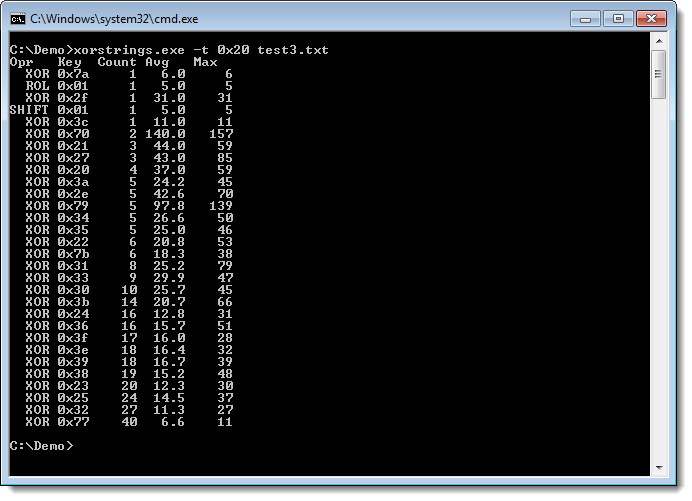This is an update to my post Howto: Add a Digital Signature to a PDF File, but this time I found free software.
Again we use our certificate which we install (open the .p12 file). Install the free JSignPdf software.
Select the PDF file to sign and select an output file (if you don’t want to overwrite your original):

Push Sign It:

And then you can check the signature with Adobe Reader:

If you get the following error, make sure you change your PDF version from %PDF-1.1 to %PDF-1.4:
Choosen configuration requires PDF version update, but it’s not possible in the “append” signature mode.
